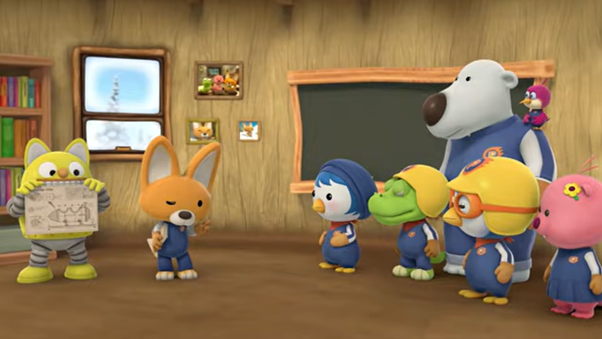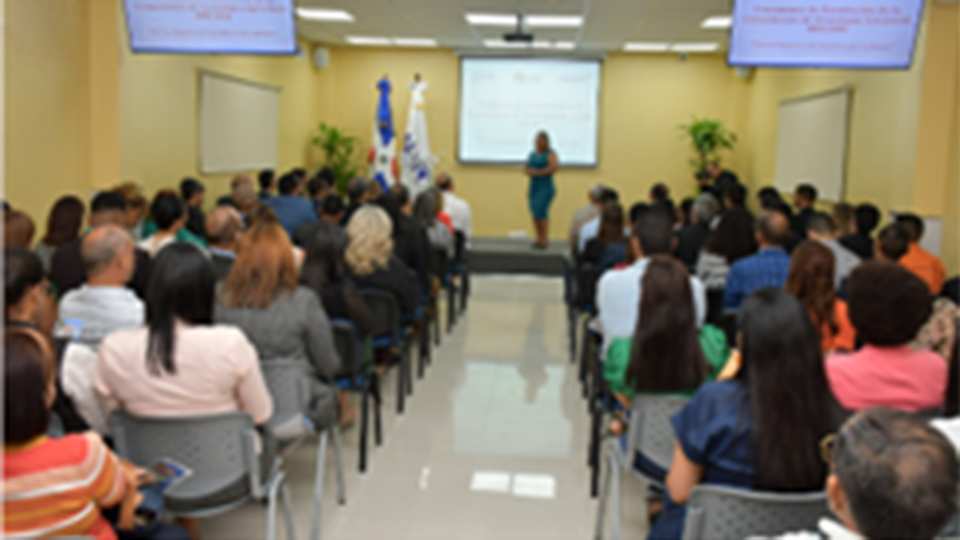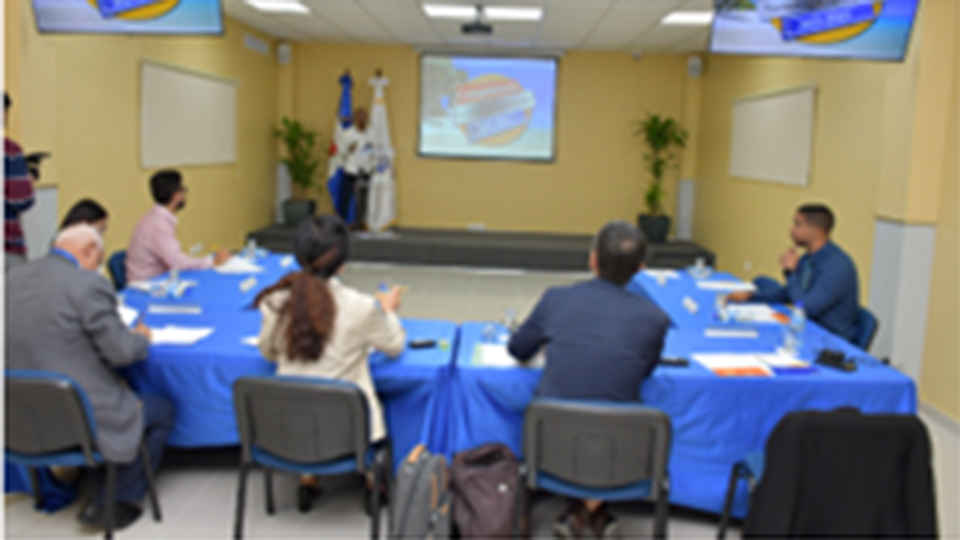FIT/Korea IP supports branding projects that aim to provide technical assistance both at the institutional and grassroots levels to support brand development, management, and innovation for SMEs. The goal is to enable SMEs to seize economic opportunities and enhance their market value by utilizing intellectual property (IP) tools within their respective industries.
The project comprises two key components.
The first component focuses on empowering entrepreneurs to leverage branding effectively, thereby expanding their domestic and export potential, gaining a competitive advantage, and scaling up their businesses. Specifically, the project will develop brand strategies and assets for selected businesses, demonstrating the tangible benefits of IP for local products and services.
The second component aims to ensure sustainable impact beyond the project timeline by building capacity and enhancing the competency of institutional stakeholders. This will enable them to effectively support and continue local efforts in promoting branding and innovation within the SME community. Activities under this component include establishing business support units and collaborating with academic institutions to cultivate a pool of professionals who are well-versed in IP matters and capable of serving the industrial sector.
The implementation of the branding projects has involved:
- Development of brands and designs in several countries.
- Iran (2020): The brand and design for carpets of Imam Khomeini Relief Foundation (IKRF) were created. Since the brand (Ehsan) for IKRF was very successful, IKRF decided to expand it to other products. A Certification Mark for Iran National Carpet Center (INCC) was also developed.
- Bangladesh (2022): The brand and design for RANGPUR Shataranji Carpet were produced.
- Niue (2022-2023): The brand was produced for Ocean Conservation Credit (OCC), and the Niue & Ocean Wide Trust (NOW Trust) which are projects for sustainable management and development of the ocean and related resources.
- Capacity-building activities have been carried out in Lao PDR, Cambodia, and Bhutan.
To enhance public awareness regarding various aspects of intellectual property (IP) and its impact on everyday life in Indonesia, a series of four audio-visual episodes was produced with the title of "HAKITA Project."








